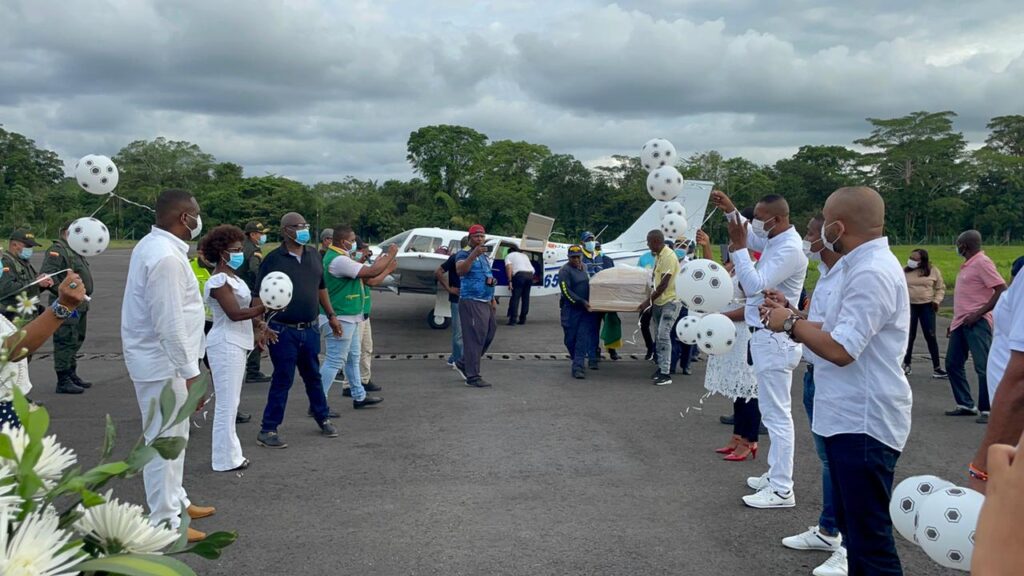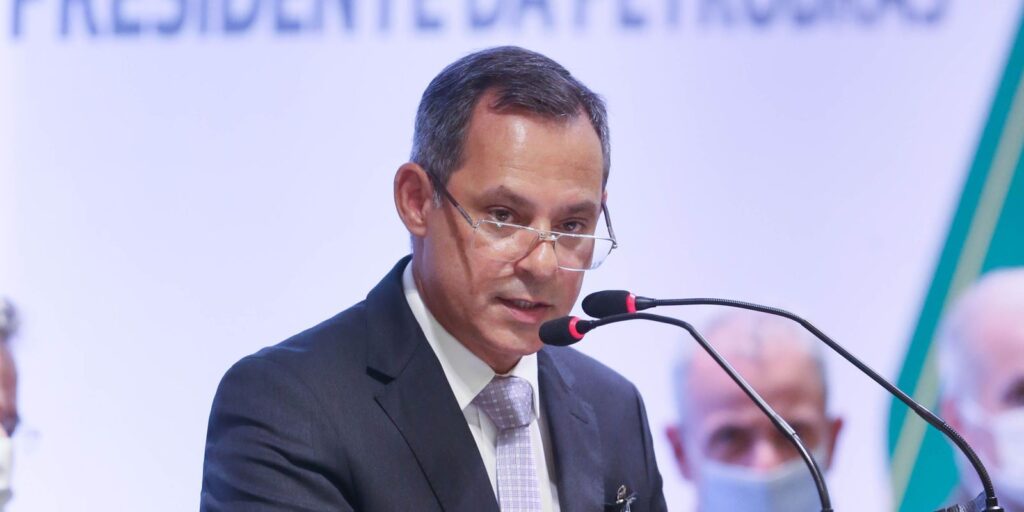
As part of his visit to the north, the Undersecretary of the Interior, Manuel Monsalvepresented the government’s plan, this Thursday, to face the security and migration crisis that the Arica and Parinacota region.
During this day, Undersecretary Monsalve attended a police committee in which were present: the Head of Public Security of the Undersecretary of the Interior, Carolina Garrid; the presidential delegate Ricardo Sanzana, the director of the National Migration Service, Luis Eduardo Thayer and the general director of the PDI of Chile, Sergio Muñoz Yáñez,
After the instance, Monsalve detailed the priority areas for the Executive in security matters and announced some measures in this regard.
“There are three areas on which we want to discuss, also agree and also make decisions together with the regions in the context of the migration crisis. One is decisions on migration policy, another is decisions on public investment, and a third An issue that is very present throughout Chile, but more so in the north due to the migration crisis, are decisions regarding public security,” he said.
Under these guidelines, Monsalve reiterated that although the state of emergency in the area will soon end, “the President has committed to a regular, safe and orderly migration policy. Border control is a priority for the Government, so despite the end of the state of exception, which ends on the 15th, from the 16th decree 265 will be applied”.
In addition to the above, he explained that with such a measure “all the presence that the State has in police matters, Carabineros, investigations, but also in terms of equipment and officials of the Armed Forces, will remain totally and completely unchanged.” and therefore the border control and the decision of the Government of President Boric to protect the borders remains unchanged,” he said.
On the other hand, the undersecretary of the Interior also addressed the land seizures that affect the area, assuring that this stems from two problems: the housing deficit and uncontrolled migration.
In this sense, the authority announced that “the Ministries of Housing and the Ministry of National Assets have to respond to the housing deficit and we have made a commitment with the mayors yesterday to be able to develop a special housing policy for the north and We also agreed to return the last week of May together with the Undersecretary of Housing”.
In turn, he added that “about the intakes (…) it has to do with two responses. One, housing policy, has to increase the offer in terms of housing subsidies and solutions and that is the first commitment we have.”
Added to that, “in some cases we are going to take action regarding the occupations, in terms of the places where they are, they cannot be allowed to remain and therefore, under that logic, we have specifically asked the presidential delegate of the region that can present a plan regarding some particular intakes, which I am not going to mention, but in fact the State cannot allow them to remain where they are”.
Lastly, Monsalve affirmed that “we have security problems and today we have had a police committee. This is a matter of security so I am not going to give details, (but) we have specifically commissioned the Carabineros and the PDI to carry out actions to guarantee particularly against an adversary of the whole of society, which is organized crime, which is behind very strong acts of violence and therefore we must identify, stop what is organized crime, which is behind acts of violence in the region and We are going to work intensely on it and we are going to give an answer”.

















